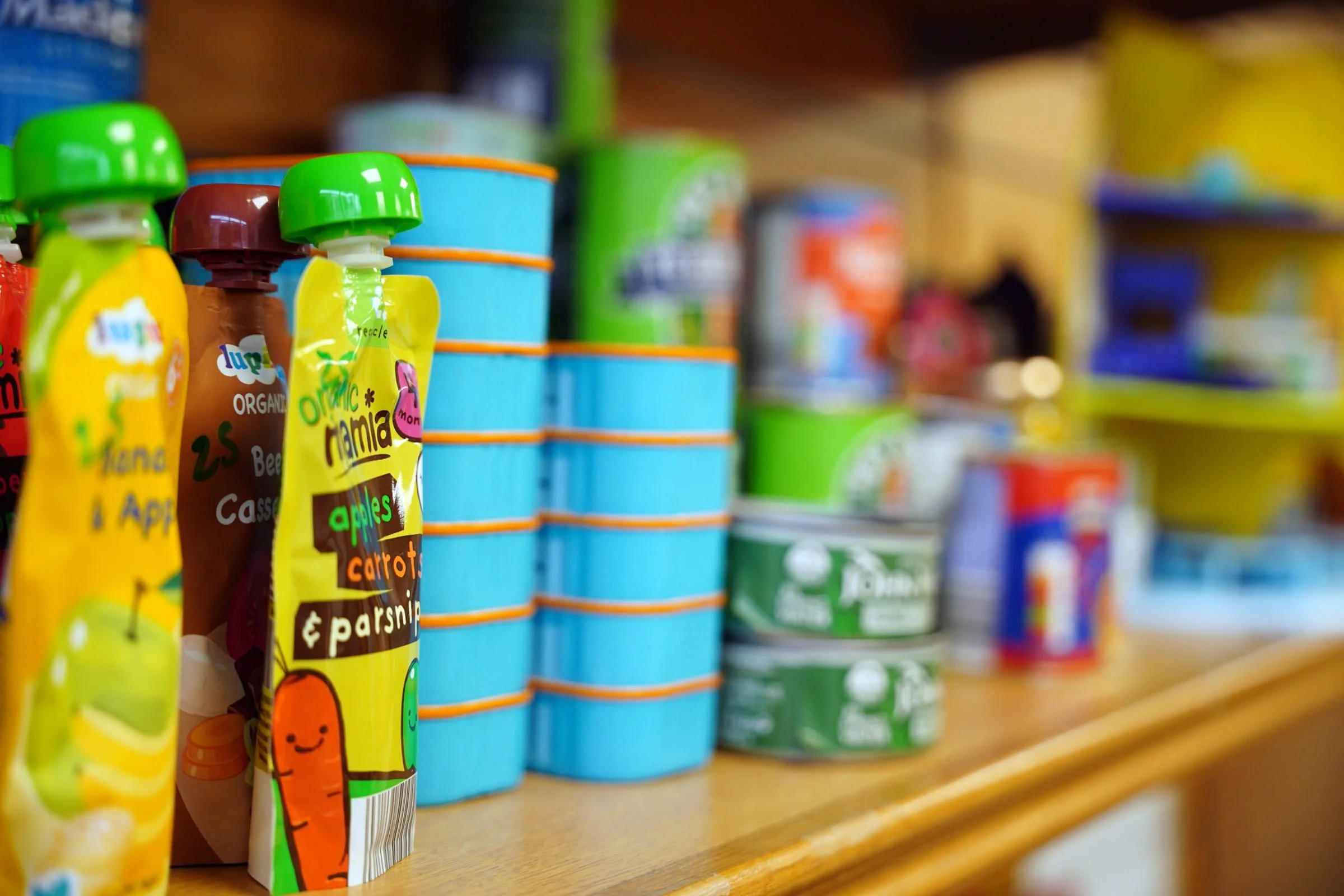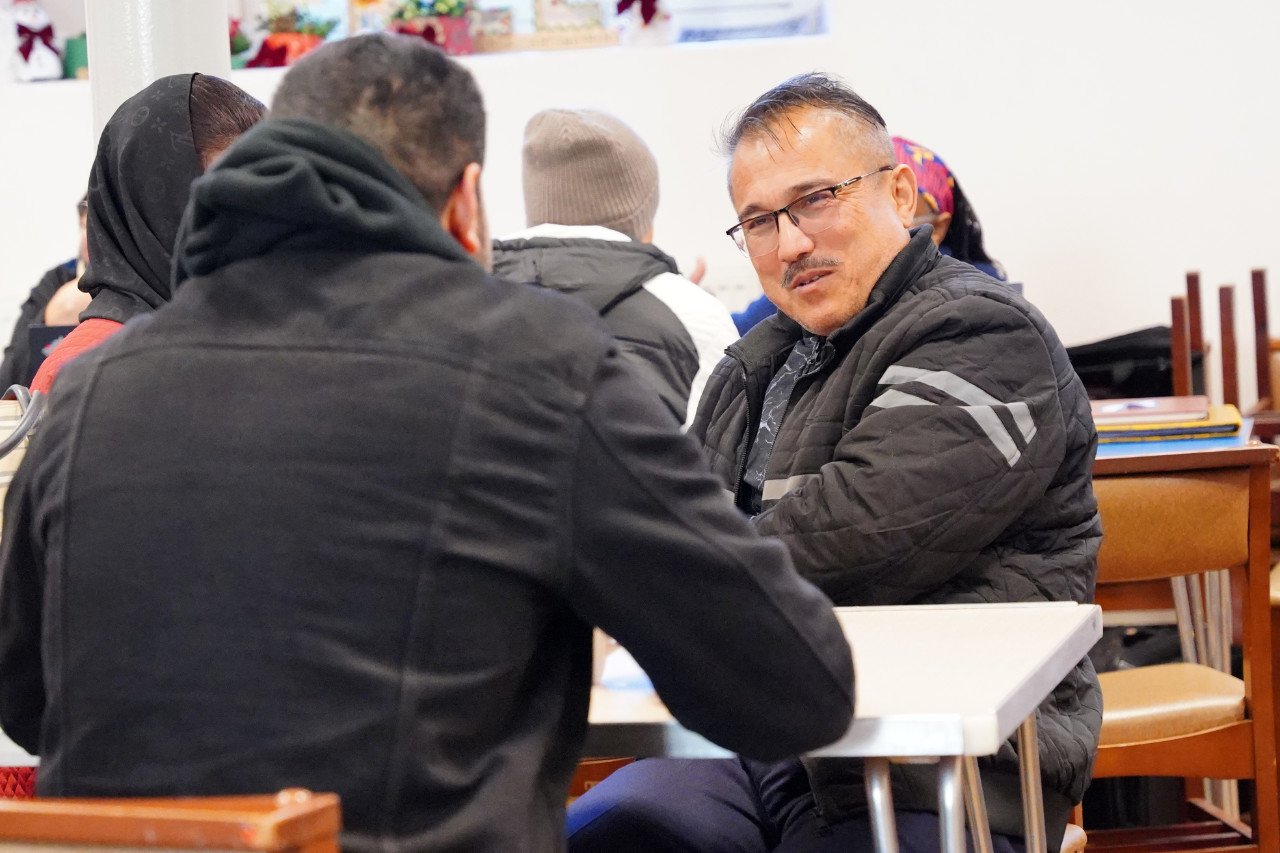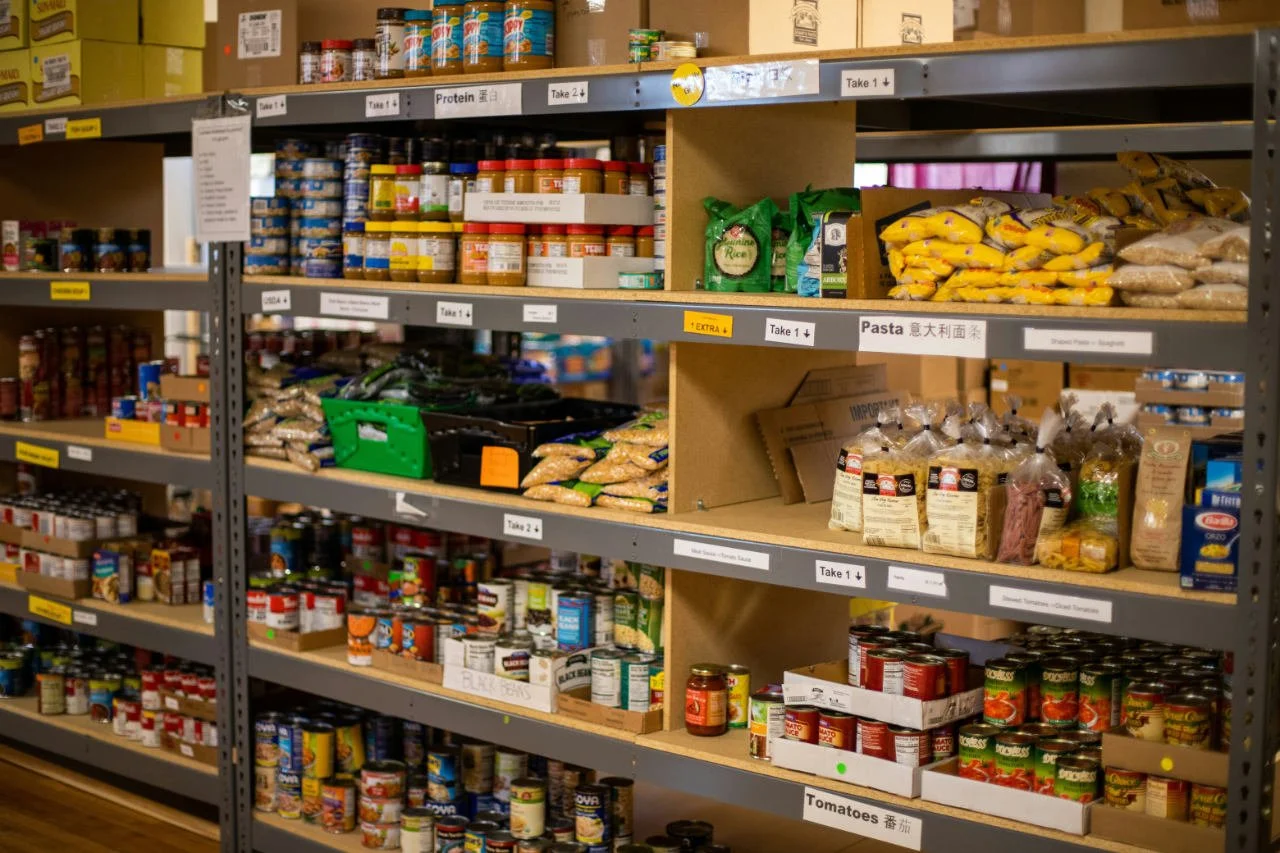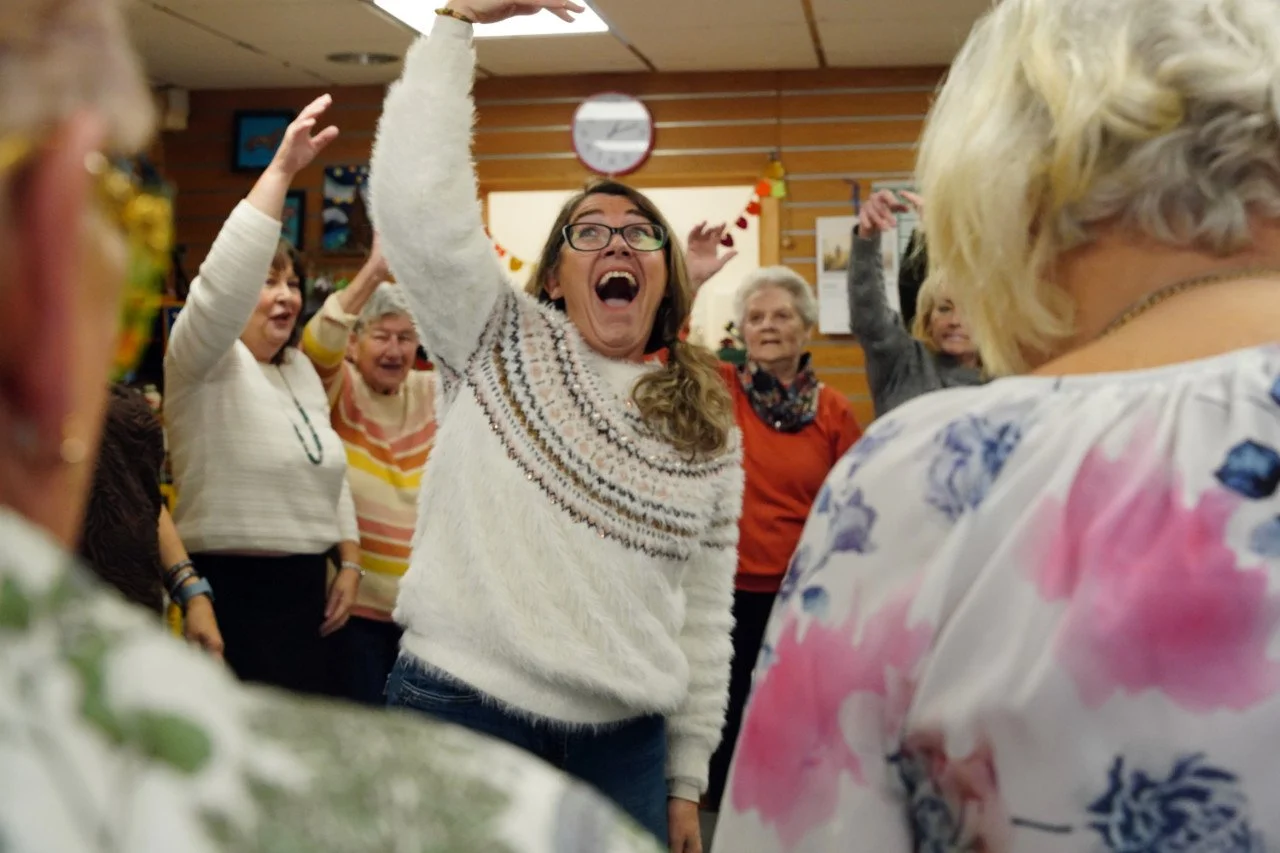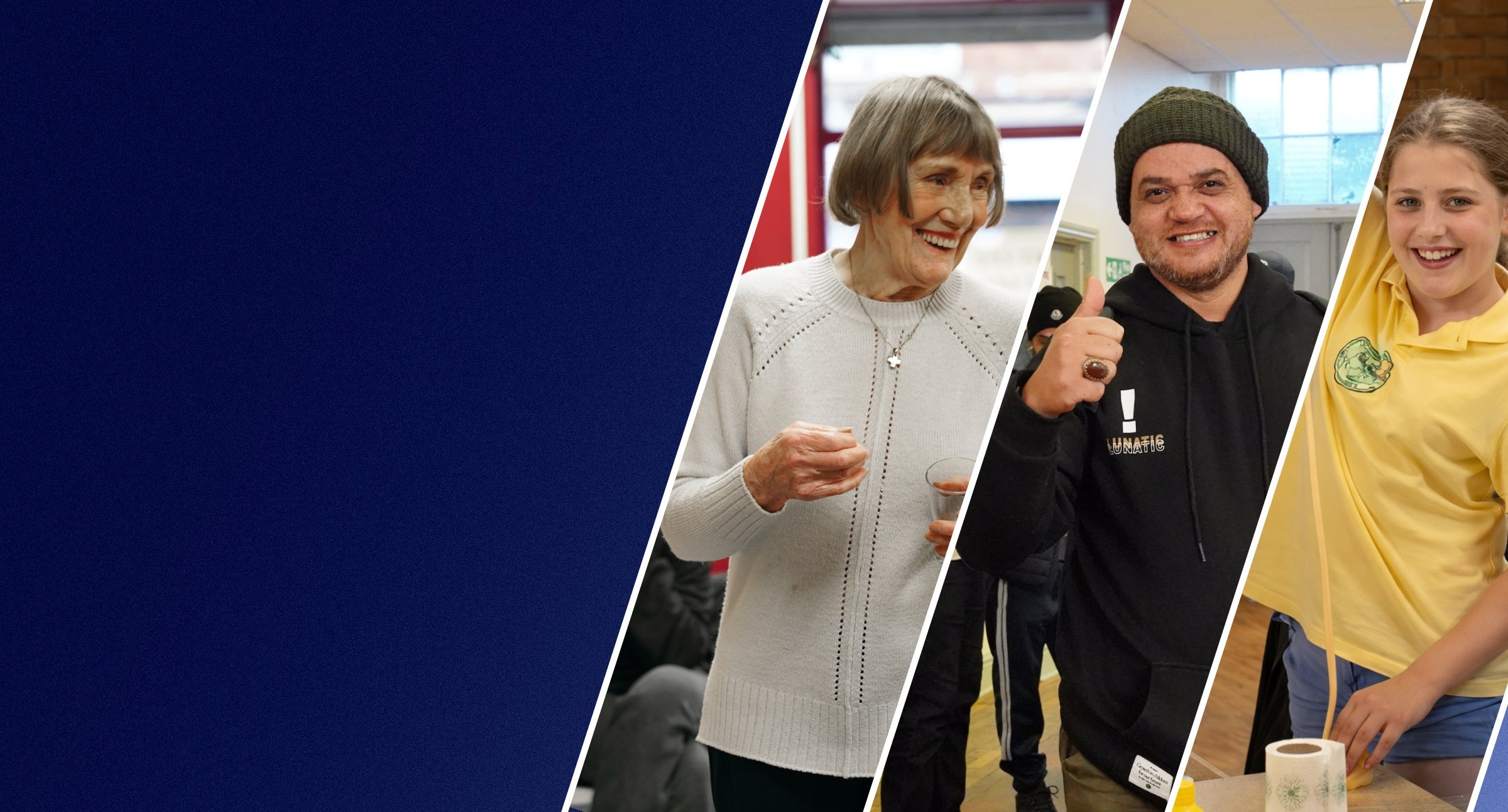
Bringing hope to local communities in the North East
We work with churches, charities and local authorities in Gateshead, South Tyneside, Sunderland, County Durham, Hartlepool, Stockton and Darlington to support hope-filled communities.
Our Projects
Bridge Project
The Development Team supports churches to challenge poverty. The team works with Durham Diocese to listen to clergy, congregations, and communities, helping to discern how best to engage with their local need. Some of the projects we work on include financial inclusion, holiday clubs, grants, places of welcome, food provision and parish nursing.
Durham Refugee & Asylum Seeker (RAS) Project
The RAS Project provides help and support to asylum seekers and refugees in County Durham. The project helps new arrivals to build their lives and integrate in local communities.
Heart on the
Terrace
Heart on the Terrace, based in Murton, is a welcoming community hub tackling social isolation and economic hardship.
It provides social groups, support networks, and opportunities that promote connection, social mobility, and wellbeing for everyone within the local community.
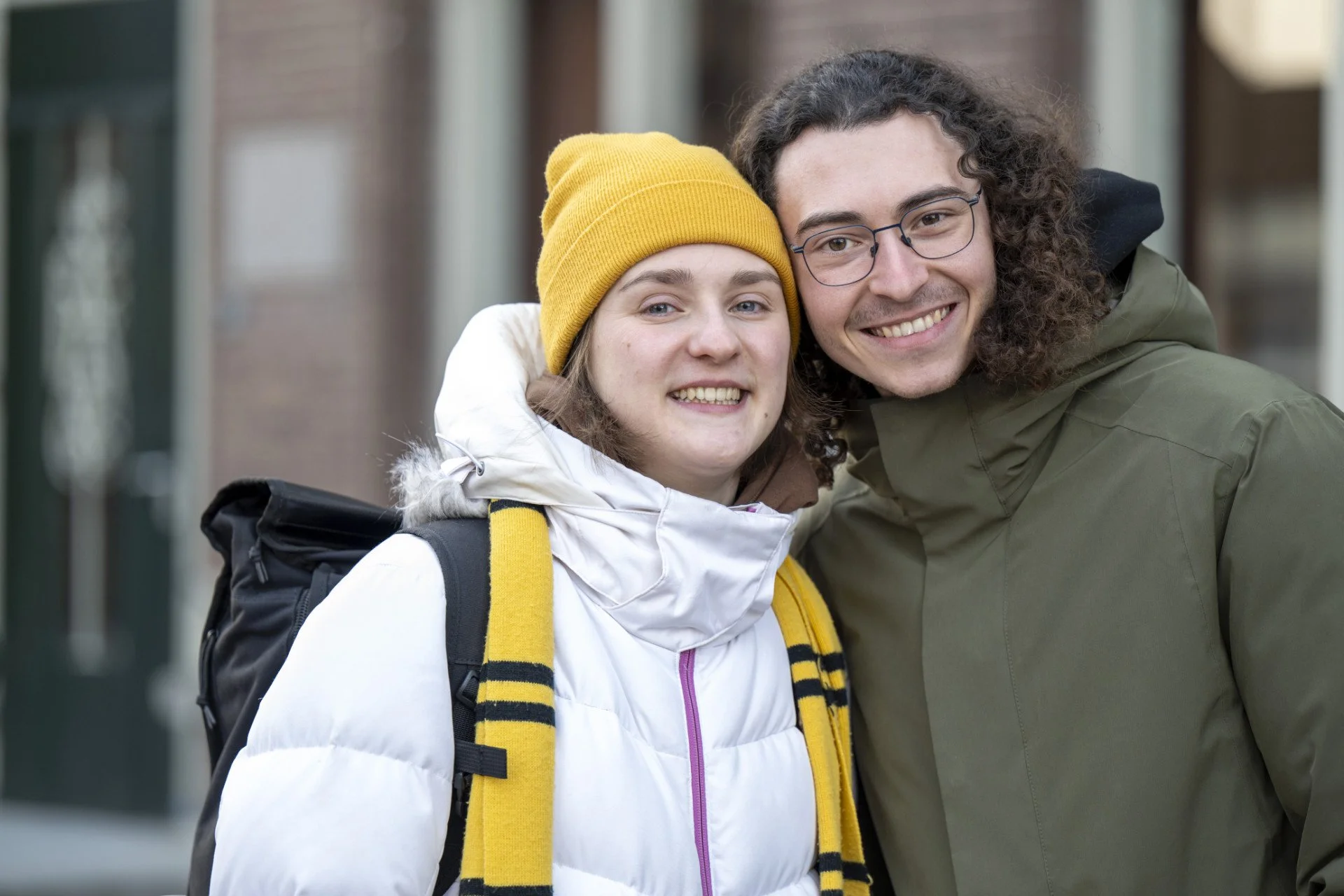
“We are grateful to the CTD team for giving us the platform to pursue what we love and for the opportunity to bring our passion to life.”
Riley & Keevie, Hope4All, Community Project, Pennywell
About Us
Our vision is to see strong, thriving communities across the North East of England. We work alongside communities to enable them to deliver real change. Our approach is rooted in the belief that there is strength in a local community.
At the heart of our work is strengthening and supporting local faith communities. We are rooted in our relationship with the Diocese of Durham but work with churches of different denominations.
We will work alongside others to see caring and just communities and work with partners for national change.
Latest News
